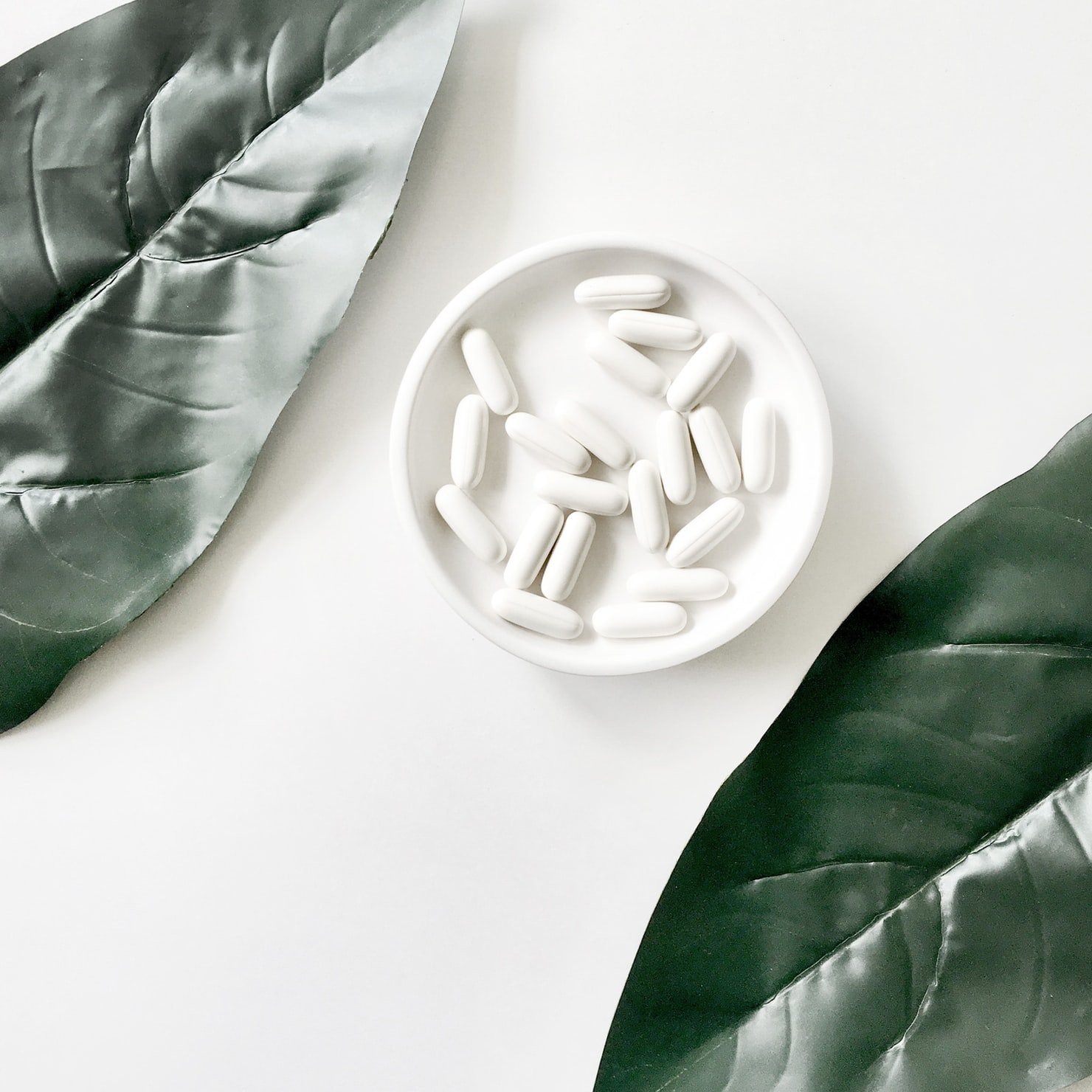Why You Need Probiotics for Gut Health Now More Than Ever
What’s changed in the the past few decades that we need probiotics so much more now? We’ve become depleted from a variety of measures, including increased medication use, over sanitization, stress, poor diet and environmental pollutants. We must be so much more proactive and preventative when it comes to our gut health!
Important Functions of Probiotics:
Supports digestion of foods, synthesizes nutrients and postbiotics & supports the integrity of the gut lining
Anti-inflammatory
Modulates and improves immune function
Brain health & mood
Thyroid & hormonal health
Sleep
Metabolism & weight loss
Cholesterol & blood pressure
Why We Are So Depleted?
We’re not eating enough (or any) dirt. One of the main ways we introduce good bacteria is through eating real plant foods from the earth. But it’s not just vegetables we need, we actually get beneficial bacteria from the soil too. That’s why we shouldn’t be afraid of getting a little bit dirty and eating food that is a little bit dirty - that’s how we build our immune system!
How many times have you taken a round of antibiotics? Did you replace your good bacteria that was lost? If not, every round of antibiotics likely threw your gut off balance and left you depleted and susceptible to developing health issues. Again, our immune function, digestion, hormones, brain function and much more depend on having healthy gut bacteria.
Gut-altering chemicals and medications are another big reason we need to replenish our gut more than ever. The herbicide glyphosate, found in our food and water, is weed killer that we’re ingesting that likely interferes with gut flora. Yikes! Also hormonal birth control depletes key nutrients, affects the pH in our gut and creates an inhospitable environment for the good guys, allowing the bad guys to thrive.
Can’t You Just Get Probiotics From Food?
Ideally our diet should consist of a variety of probiotic foods for a combination of bacterial strains, such as sauerkraut, kimchi, fermented pickles, non-GMO miso (if soy is tolerated), etc. The average person cannot eat nearly enough of these foods to get therapeutic amounts of probiotics, which is why we recommend supplementation.
Additionally, using probiotic supplements that are designed to by-pass parts of the digestive tract in order to repopulate your good gut bugs in the right area, is another reason supplementation is important.
Adding probiotic foods to your diet is a fantastic way to increase bacterial diversity, but usually not enough!
Why Do I Get Symptoms from Probiotics?
There are 2 main reasons you may be getting symptoms, such as bloating, gas or mild discomfort, when you first start supplementing with probiotics:
Your gut may need time to adjust to the new bacteria you're suddenly introducing. If you experience mild symptoms in the first few days, give your body at least a week to adjust. If you still experience symptoms after a week, contact your practitioner. Someone who is quite sensitive may need to start on a lower dose and work their way up to the recommended dose.
You may be using the wrong strain of probiotics for this stage in your gut-healing process. For some people with bacterial overgrowth, common strains from your local health store, such as lactobacillus and bifidobacterium strains, can cause digestive upset until the bacterial overgrowth is cleared. Certain strains, including soil and spore-based may be better options.
When it comes to eating probiotic foods, eat them to tolerance and pay attention to any possible reactions.
If you’re dealing with minor digestive issues, it’s important to take action now while it’s easier to get your gut back on track. Don’t wait until things worsen to deal with symptoms - they’re signals something is off!
Asher Kleiber
Registered Holistic Nutritionist™





